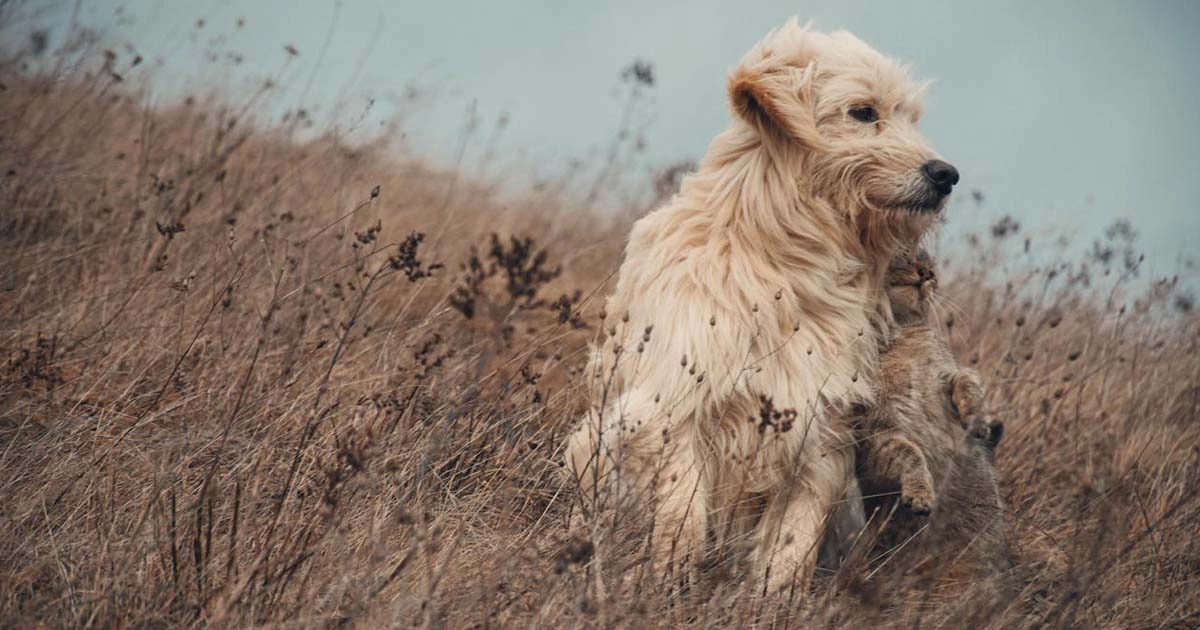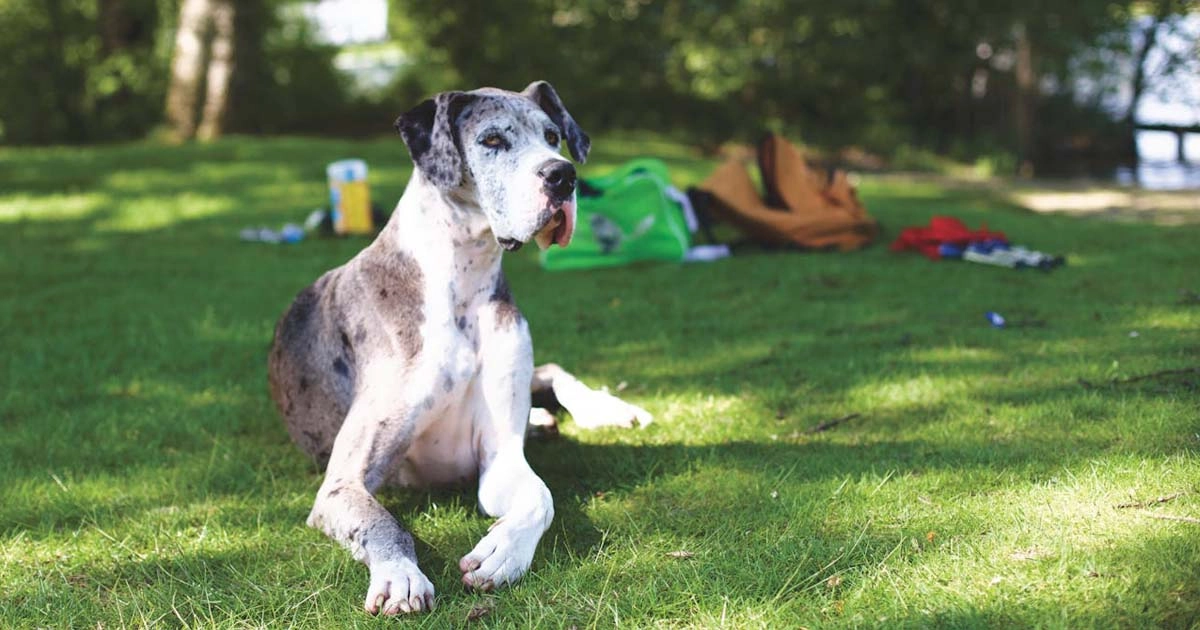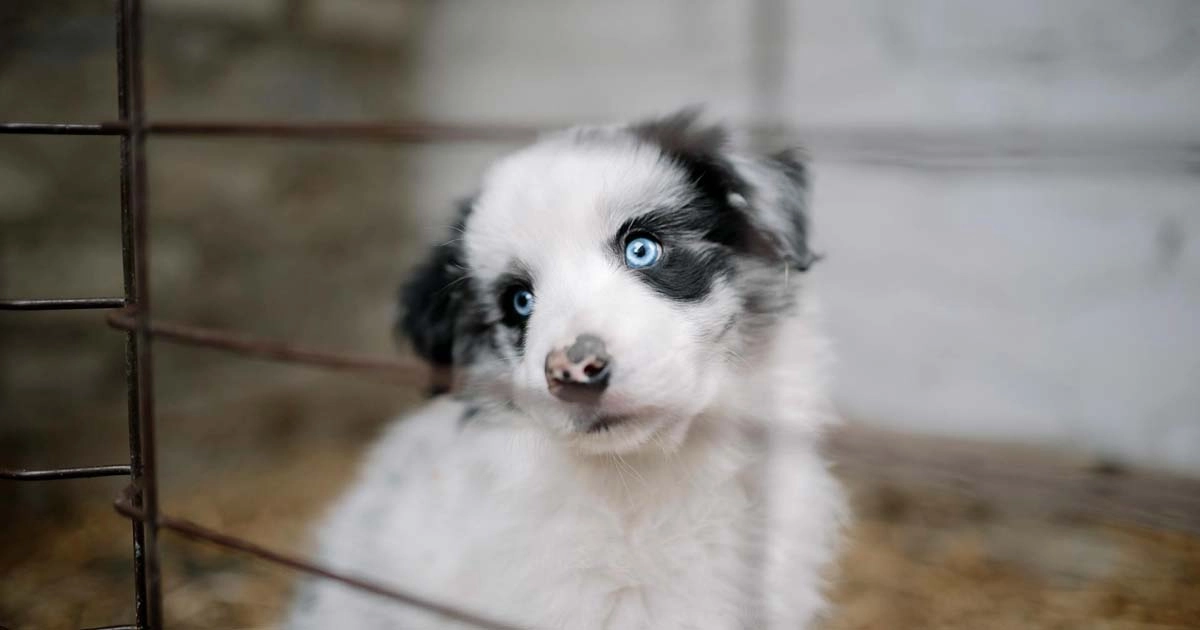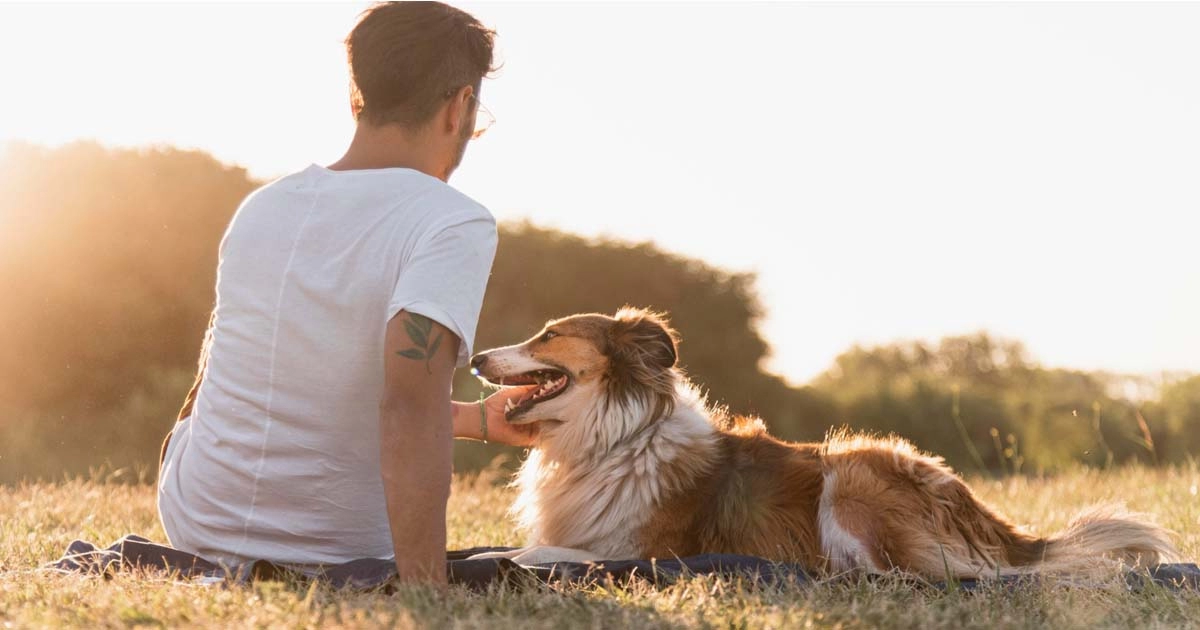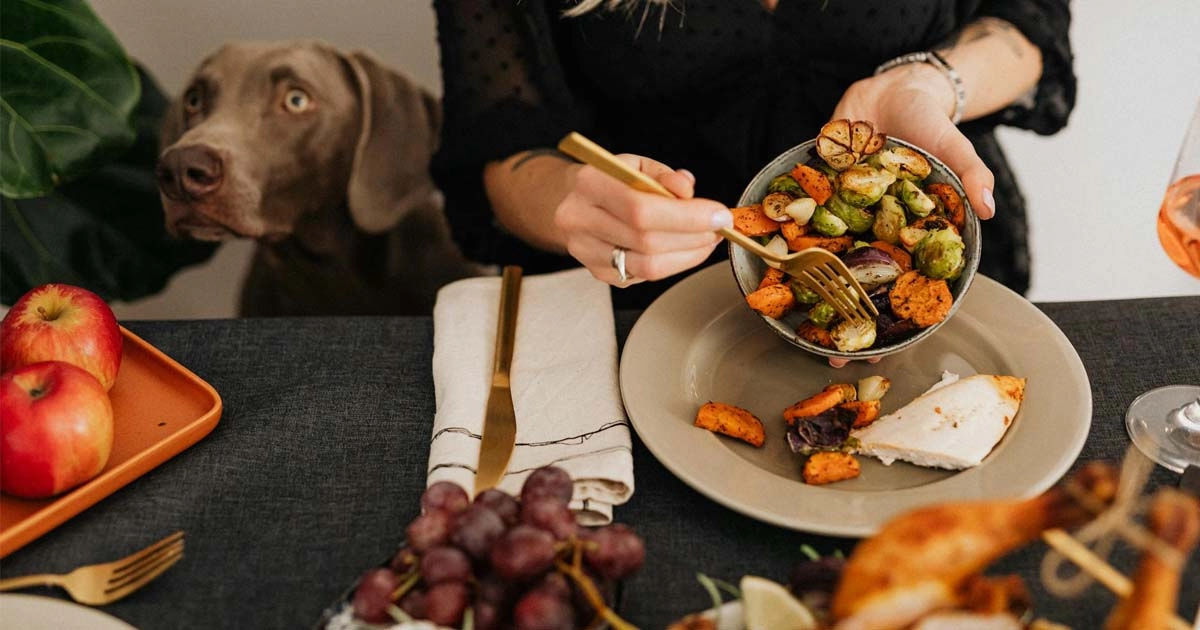Ensure your dog's health after returning from a countryside holiday

Dog
29/08/2024
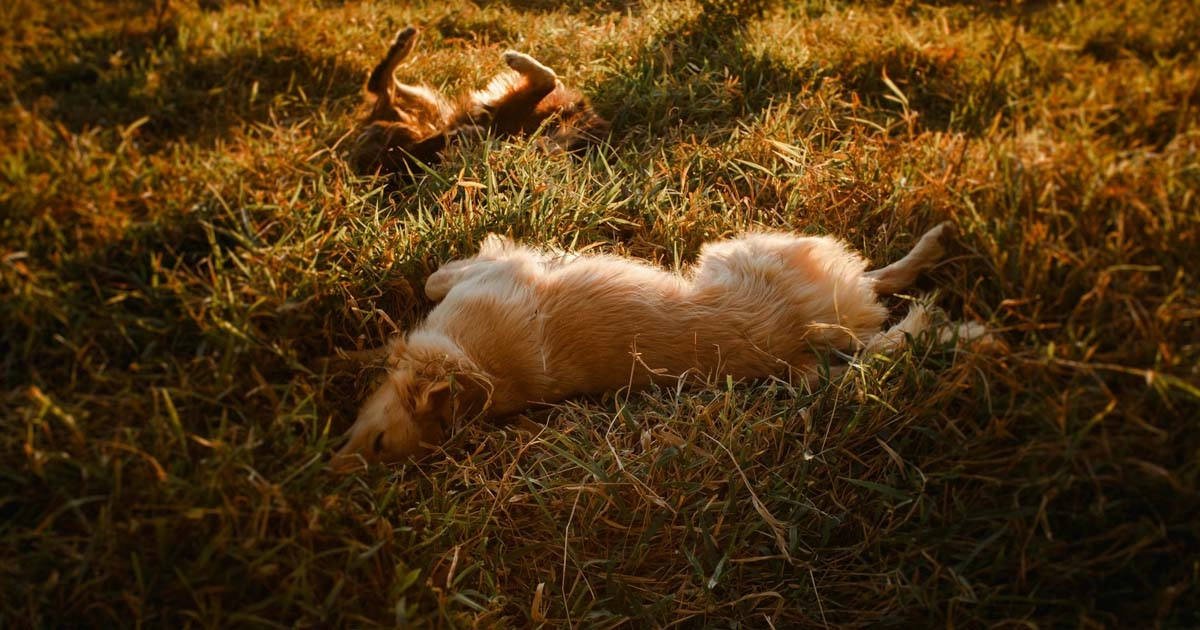
After a great holiday in the countryside with one's dog, there are some key steps you should follow so that the dog remains healthy and happy back at home. Sometimes the change in atmosphere, details of nature exposed, and other factors of the journey involve implicit drawbacks to the health of your dog. Here's how to keep your dog healthy after a country vacation.
Table of contents
1. Check for ticks and fleas
Being one of the first things you must do, head straight home and from top to bottom begin checking your dog for ticks and fleas. Ticks and fleas adore wooded and grassy areas, hence the reason it is most common for people who live out in the country to get them. Emphasize the areas under the ears, around the collar, and on the legs and tail. If you happen to find ticks, take them off carefully with tweezers to make sure you remove the head to avoid any infections. If you have a problem with fleas, consult with your vet as there are numerous different types of flea treatments.
2. Bath time
A good bath after a countryside adventure gets rid of accumulated dirt, allergens, or sometimes pests on their coat. Only mild dog shampoo should be used, as using strong shampoo may irritate their skin. Make sure to rinse them properly. This gives you the opportunity to go through your dog's skin in order to see any cuts, rashes, or irritations they might have acquired during the trip.
3. Observe behavior or appetite for any change
Upon returning from travel, always pay close attention to your dog's behavior and appetite. Lethargy, itching, or any loss of appetite can be signs that something is wrong. The dog may have eaten something harmful, come down with a mild illness, or may be experiencing stress changes in his routine. If these or any other unusual symptoms last more than a day or two, consult your veterinarian.
4. Re-establish your dog's routine
Dogs are dogs, living their most predictable life, and holidays can stir this up. Once you reach home, you will immediately seek to get your dog back into his routine regarding food intake, walks, and playing. This will give your dog an opportunity to readjust to normal life after the holiday- reducing anxiety and confusion.
5. Check for injuries or soreness
All this running at the beaches, hiking, and playing are bound to leave your dog with key category symptoms or minor injuries. You need to have a confirmed check on your dog's paws for any cut or abrasion, while ensuring the pads are not overly worn and cracked. Observe keenly for any limping or favoring of certain legs that may suggest soreness or a minor injury that needs rest or veterinary attention.
6. Vet check-up
Of course, it is always good to have a vet check-up after the holidays if your dog appears ill or you're feeling extra cautious. The veterinarian can give the pet a general check-over and test for any parasites, such as heartworms, that don't show symptoms. Regular check-ups also ensure your dog is properly vaccinated and up-to-date with preventatives, like flea and tick medication.
7. Gradual reintroduction to the home setting
After all the excitement got in from the countryside, your dog must be given time to adjust to the quiet environment at home. Ensure he rests, just like one wouldn't want to have an over-stimulated one's back. Make a gradual introduction of the home to him, other pets that might be home, or changes made, and hence ensure ease.
8. Watch for allergies
Sometimes, dogs may develop allergies to new plants or other elements they might have found in the countryside. Be very careful to notice it if there is too much sneezing or itching or skin irritation; these could be an allergic reaction. Please bring him to the vet for applicable treatment.
A countryside holiday can be absolutely cracking for you and your dog. It will break the weekly routine and allow a great deal of outdoor fun. Still, it will be very important to secure your dog health-wise upon return home with these following preventive measures. Proactive with attention, help your dog settle back into the normal daily routine and remain healthy and happy long after the holiday is over.
